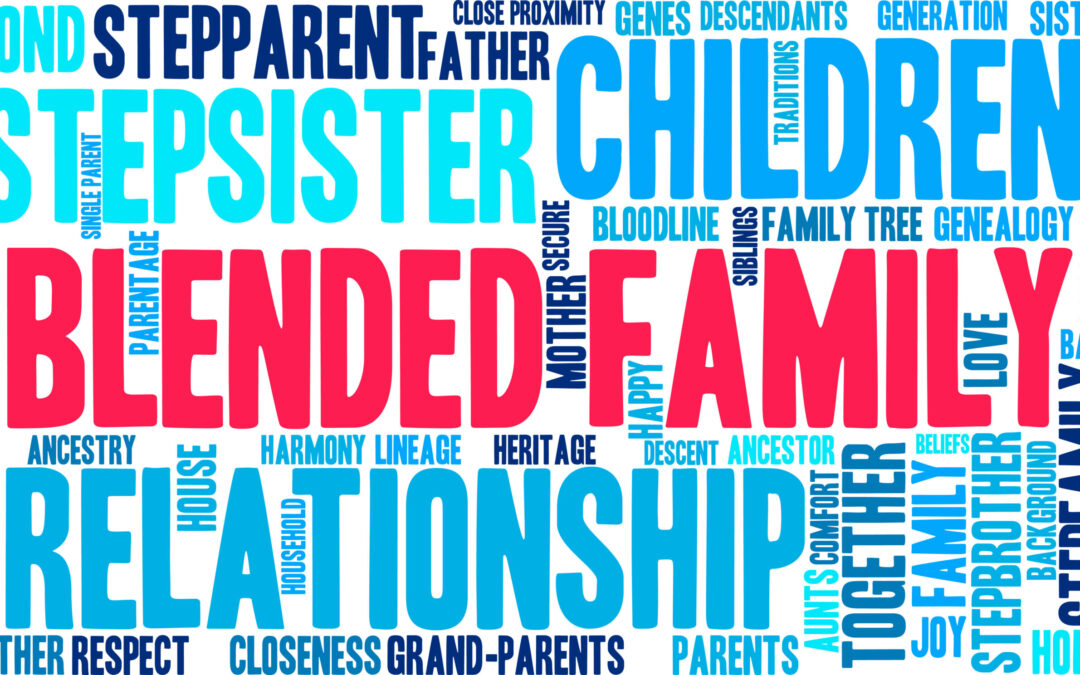The news that you will be receiving an inheritance is often bittersweet because it means that somebody close to you has passed away. But you might also have mixed emotions about your legacy for reasons related to the existing accounts or property you are inheriting.
On the one hand, you might not want to disclaim your inheritance out of respect for the person who made the bequest to you or named you as the beneficiary of the account or policy. On the other hand, depending on the size or the legacy, an inheritance could create unintended logistical or financial difficulties that you are unable—or unwilling—to take on.
While no law requires you to accept an inheritance, there are sometimes good reasons. A legacy can be life-changing, like losing a loved one or close friend. If you choose to turn down a gift, that does not mean it will end up in the hands of the state. Before accepting or rejecting an inheritance, you might seek legal and tax advice about the implications of either decision.
When Estate Planning Does Not Go To Plan
An estate plan contains instructions for distributing a person’s money and property when they pass away. Some families discuss who will receive certain accounts or property. For example, maybe all the kids are asked if they would like to inherit an item from their mom’s collection of family heirlooms.
Most testators (i.e., persons who have made a will or created an estate plan) or grantors divide their money and property equally among heirs. There are cases where one child or heir may be given a larger inheritance based on a more significant caregiving role or contribution of their time to the family in some other way. But typically, there are family talks about such matters to ensure everyone is in agreement and the unequal inheritance does not spur intrafamily resentment and conflict.
However, unexpected inheritances are not out of the question. Testators or grantors are under no legal obligation to be fair. Generally, they are entitled to divide their assets however they see fit. Furthermore, family dynamics can shift and force changes in an estate plan.
The testator may include a provision in his will that gives the executor discretion to keep assets out of the hands of a beneficiary’s former spouse or spouse where there are marital issues or divorce. For instance, maybe there are three siblings, and two of them have rocky marriages. Such powers could include the discretion to disinherit a sibling or reduce their inheritance if their marriage is on the verge of failing at the time of probate. Or, a testator could decide to write an heir out of the will altogether and assign their share of an estate to somebody else.
Similarly, the death of an heir could result in estate assets bequeathed to other family members or friends. Indeed, many situations could result in a surprise inheritance. Maybe you have a childless uncle or friend who wanted to surprise you with a windfall. Heirs usually know what they will be inheriting from whom, but estate planning does not always go according to plan. Up until the moment a person passes away, a person is free to amend their will.
Weighing the Pros and Cons of an Inheritance
Accepting a legacy is a free and voluntary act that is also affected by personal circumstances. If you know an inheritance is coming your way, you should determine to receive or, in some instances, disclaim it. Here are some factors that may impact your decision:
- Outstanding debt. Your inheritance could include an encumbered asset such as a house, car, or RV. As the inheritor, you may be responsible for servicing the loan or mortgage and have to figure out if you can afford to pay it off or refinance and continue making the payments.[1] You could always sell the item, but if more than one heir inherits a home, that would have to be a group decision. Also, remember that real estate and other valuable property may need to be insured at added cost.
- Oversized items. You could inherit a car, truck, RV, or other large item or collection with no debt obligations, but it poses a storage problem. Paying for additional storage is an option, but if you do not want the item in the first place, storing it may not be worth the cost.
- Logistics. Taking possession of an item might sound good in theory but be a logistical nightmare. You might have to travel a long distance and pay for a trailer to haul it. Shipping may be an option, but who will pay for the transport? The money could come from the estate or your pocket.
- Tax consequences. Be clear on the tax implications of your inheritance and how inherited assets may affect your overall financial situation. Six states impose an inheritance tax on beneficiaries: Iowa, Kentucky, Maryland, Nebraska, New Jersey, and Pennsylvania. In addition to a potential inheritance tax, which ranges from 1-20 percent of the value of the assets you inherit, income-producing assets such as real estate, securities, and retirement accounts can increase your taxable income and even place you in a higher tax bracket.
- Personal considerations. Items with sentimental value can go to whom you deem most appropriate. Perhaps you do not want to take possession of a family heirloom that somebody left you in their will.
Be prepared to file documents stating your intentions for whatever path you choose—acceptance or refusal. Another thing to remember is that if you refuse an inheritance, you will have no say in who receives it. If the will does not name a backup (contingent) beneficiary, it will pass back to the estate and on to the next beneficiary according to state law. To make sure that a specific person receives what you are rejecting, you have the option to accept it and then gift it to them. However, as the giver, giving a gift comes with possible tax implications.
Managing Your Inheritance and Planning for the Future
An inheritance could be a pleasant surprise, but most people expect to receive an inheritance at some point in their life. You will want to make the most of your legacy whenever that day comes. Working with a trusted advisory team can help you assess your finances, preserve your wealth, plan for the future, and establish an estate plan of your own. Feel free to contact our office to schedule an appointment for wealth and estate planning advice.
[1] Victoria Araj, Inheriting a House with a Mortgage, Quicken Loans (Sept. 17, 2021), https://www.quickenloans.com/learn/inheriting-a-mortgage.





